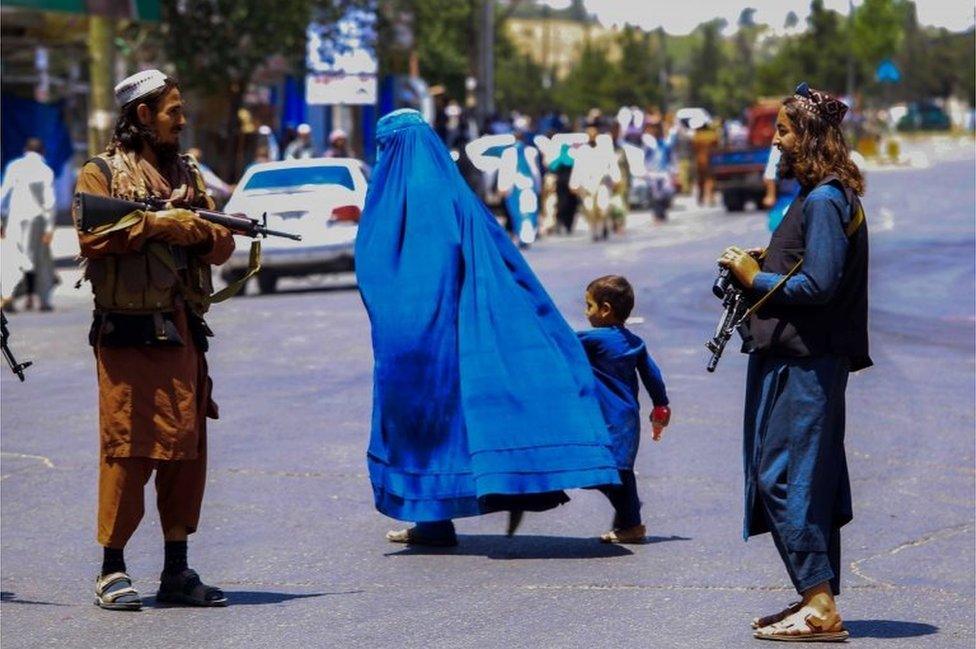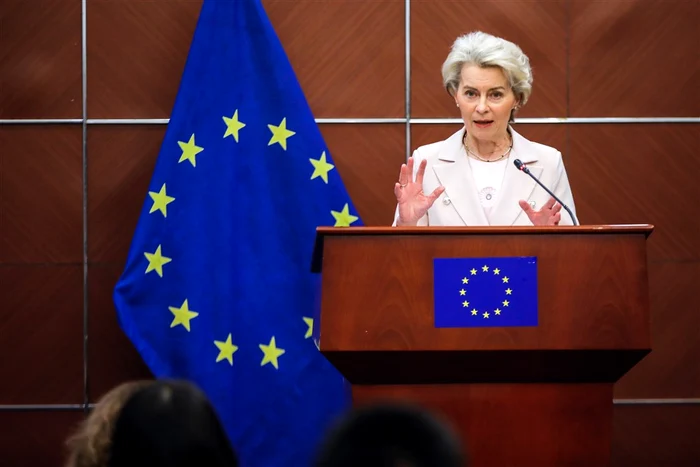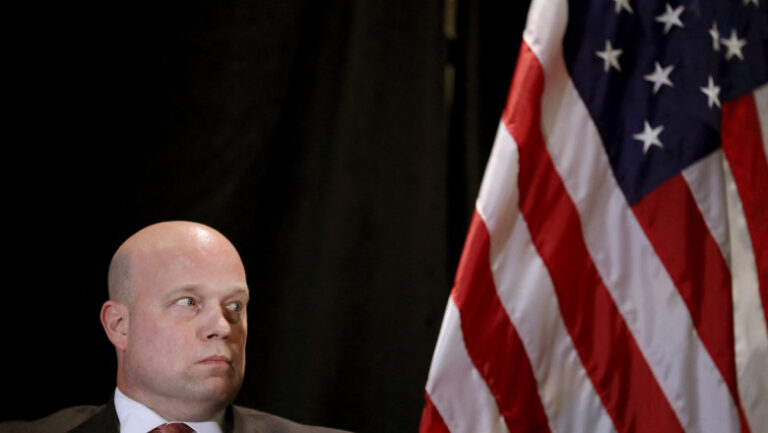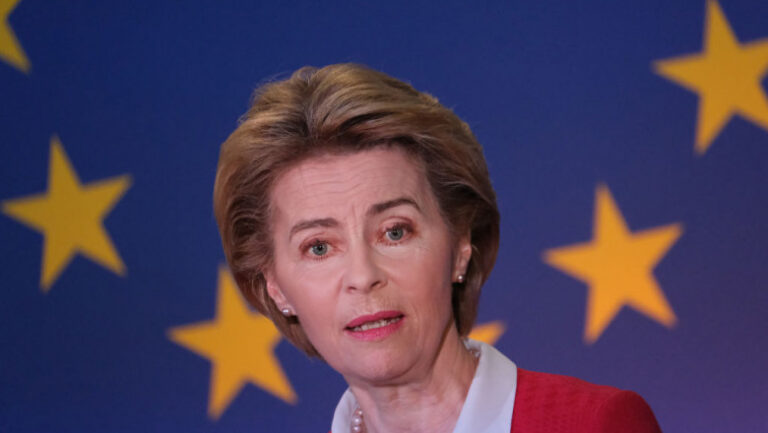
afgan taliban women
Afghan Taliban Authorities Assure Women Can Communicate, With Exceptions
Afghan Taliban authorities have declared that women in Taliban-controlled regions are permitted to speak with each other, debunking recent claims suggesting otherwise. The reports had suggested that such a ban was imposed by the Ministry for the Propagation of Virtue and Prevention of Vice (PVPV).
Denying the Ban
The spokesperson for the Afghan ministry, Saiful Islam Khyber, dismissed the reports as “nonsensical nonsense”, insisting that “a woman can indeed interact with another woman, as women are integral to society and have their own needs”. Several reports in the Afghan exile press and international media had recently claimed that PVPV minister Mohammad Khalid Hanafi had banned women from conversing with each other.
Exceptions to the Rule
However, Khyber clarified that the Afghan minister’s declarations referred to “exceptions”. It was stated that Mohammad Khalid Hanafi had specifically mentioned the case of praying women, advising them not to speak aloud during prayer time.
Gender Apartheid and Women’s Rights
Since the Taliban’s return to power in 2021, the United Nations has accused them of implementing a “gender apartheid”, progressively excluding women from public spaces. Presently, Afghan women are prohibited from pursuing education beyond the primary level, and are banned from public spaces like parks, gyms, and beauty salons. They are essentially confined to their homes and can only go out under the supervision of a chaperone. A law has also been enacted that bans them from singing or reciting poetry, among other directives, under a strict application of Islamic law. Several local radio and TV stations have also ceased broadcasting women’s voices.
Despite these restrictions, the Taliban government argues that Islamic law “guarantees” women’s rights in Afghanistan.





